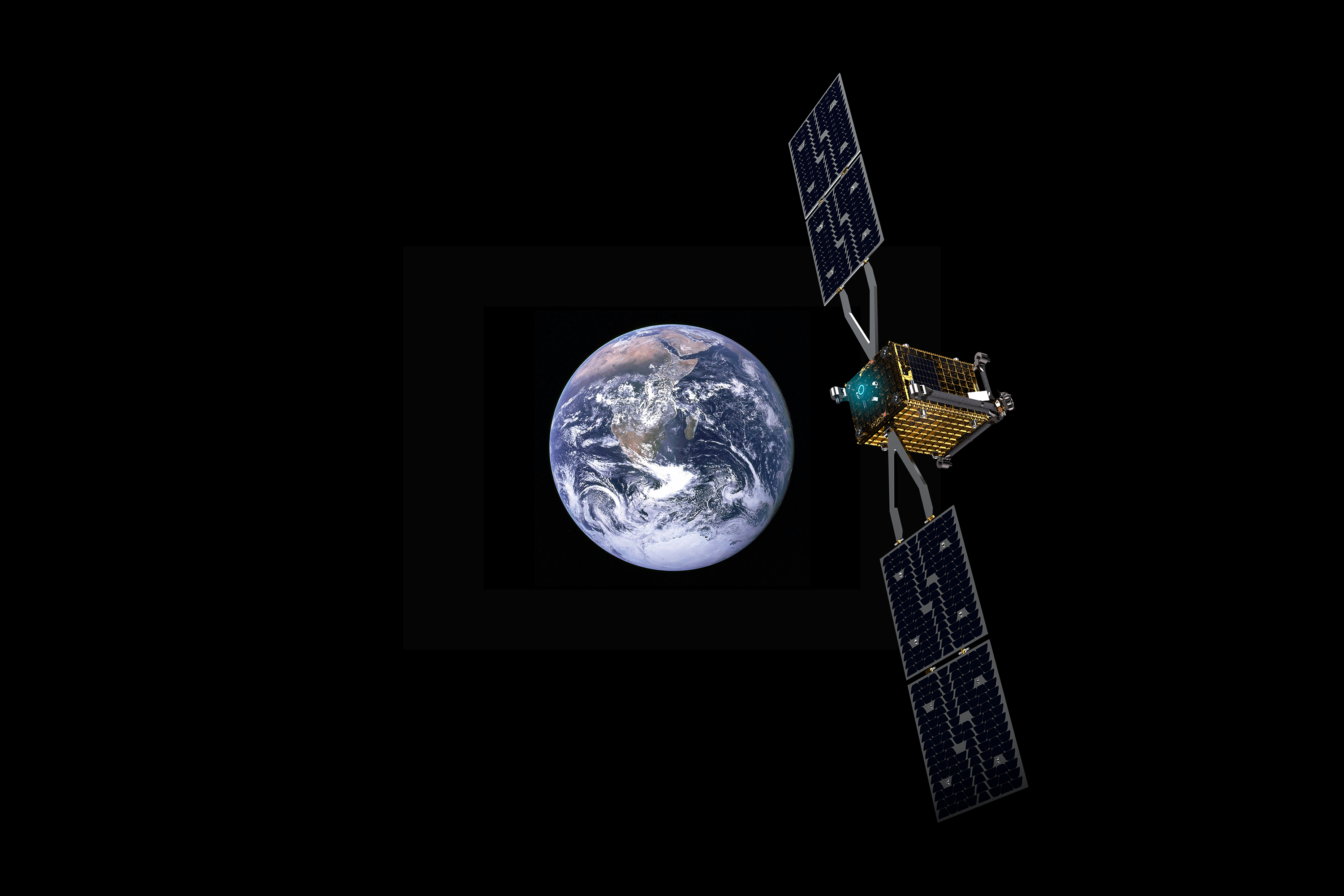Various bee species are becoming a rare sight in America, making research on the effects of global warming on flora and fauna even more important. One junior lab researcher made a heartwarming yet sad discovery while conducting research on how to save bees from threats such as climate change.
In a viral TikTok video with over 2.6 million views, Liz Kuhn, 26, says that while working as a student lab associate in Denver her research involved collecting pollen samples over time from honeybees in locations around the city. The objective was to determine whether their food resources were being affected by certain factors.
"I had tried several methods of collecting the pollen from the honeybees' legs as they went into the hive, and all methods prior to the one used in the video were ineffective in collecting the amount that my lab needed," Kuhn told Newsweek. "After consulting with my lab manager, we decided that catching and freezing bees with pollen was the best way to get the sample size we needed."

When frozen for a short period, the bees become docile and the pollen is easier to extract. But the honeybees had been frozen for too long, and they died clinging together in a position that resembled an embrace.
"These two bees had cuddled for warmth in the freezer before they quickly went into a deep sleep and then died," said Kuhn. "I was devastated when I saw them cuddling. While I know that it was necessary for the lab's scientific work, I do see honeybees as little intelligent animals, and my emotions got the best of me when filming this video."
Bees are an integral part of our ecosystem and are very sensitive to environmental changes, such as an increase or decrease in temperature and a loss of habitat due to urbanization or pesticides. The bumblebee is extinct in eight states—Idaho, Maine, New Hampshire, North Dakota, Oregon, Rhode Island, Vermont and Wyoming—prompting many experts to call for the Endangered Species Act to protect this bee.

"Pollinators in general are extremely important to our environment and agriculture. Around 75 percent of crops we grow for food rely on pollinators, so it's extremely important for humanity that we focus on keeping them healthy," said Kuhn. "Regarding the environment, pollinators are a huge part of the world's ecosystem, and when their health declines, it's safe to say the ecological health of the world declines as well."
Honeybees are not native to the United States, "and the other 19,999-plus species of bees are extremely beneficial as well to their native habitats," said Kuhn. "There are bees that have evolved over time with plants, like the squash bee that specializes on pollinating only the squash family of plants and are very good at it. I think people underestimate the power of the diversity of bees across the world and how important they are to our day-to-day lives."
Kuhn offered three tips for protecting bees in your garden:
- Don't use harmful chemicals in your garden because they will harm or kill any insect that comes into contact with it. Find natural methods of protecting your plants instead.
- Plant local, native plants. This will make your garden easier to maintain because the plants will be in their natural habitat, but will also encourage native wildlife too.
- Honeybees are great pollinators but they are not native to the U.S. and can be superseded by certain native creatures. If you're interested in fostering pollinators in your backyard, rather than keeping honeybees, research your native bee species and create habitats for them instead.
Users on TikTok offered words of support for Kuhn.
"You're doing great work. To them, they just went to sleep cuddling, they're not upset with you. Hugs," said one commenter.
"You have to live with yourself for doing that so we don't have to live without them-so thank you," commented another.
"If you don't do your research to save them they won't be able to nap in flowers. This is for them. Also please share more of your research!" said another user.
Newsweek's "What Should I Do?" offers expert advice to readers. If you have a personal dilemma, let us know via life@newsweek.com. We can ask experts for advice on relationships, family, friends, money and work, and your story could be featured on WSID.
Update 8/11/23, 9:15 a.m. ET: This story has been updated with a new description of Liz Kuhn.
Uncommon Knowledge
Newsweek is committed to challenging conventional wisdom and finding connections in the search for common ground.
Newsweek is committed to challenging conventional wisdom and finding connections in the search for common ground.
About the writer
Leonie Helm is a Newsweek Life Reporter and is based in London, UK. Her focus is reporting on all things ... Read more





